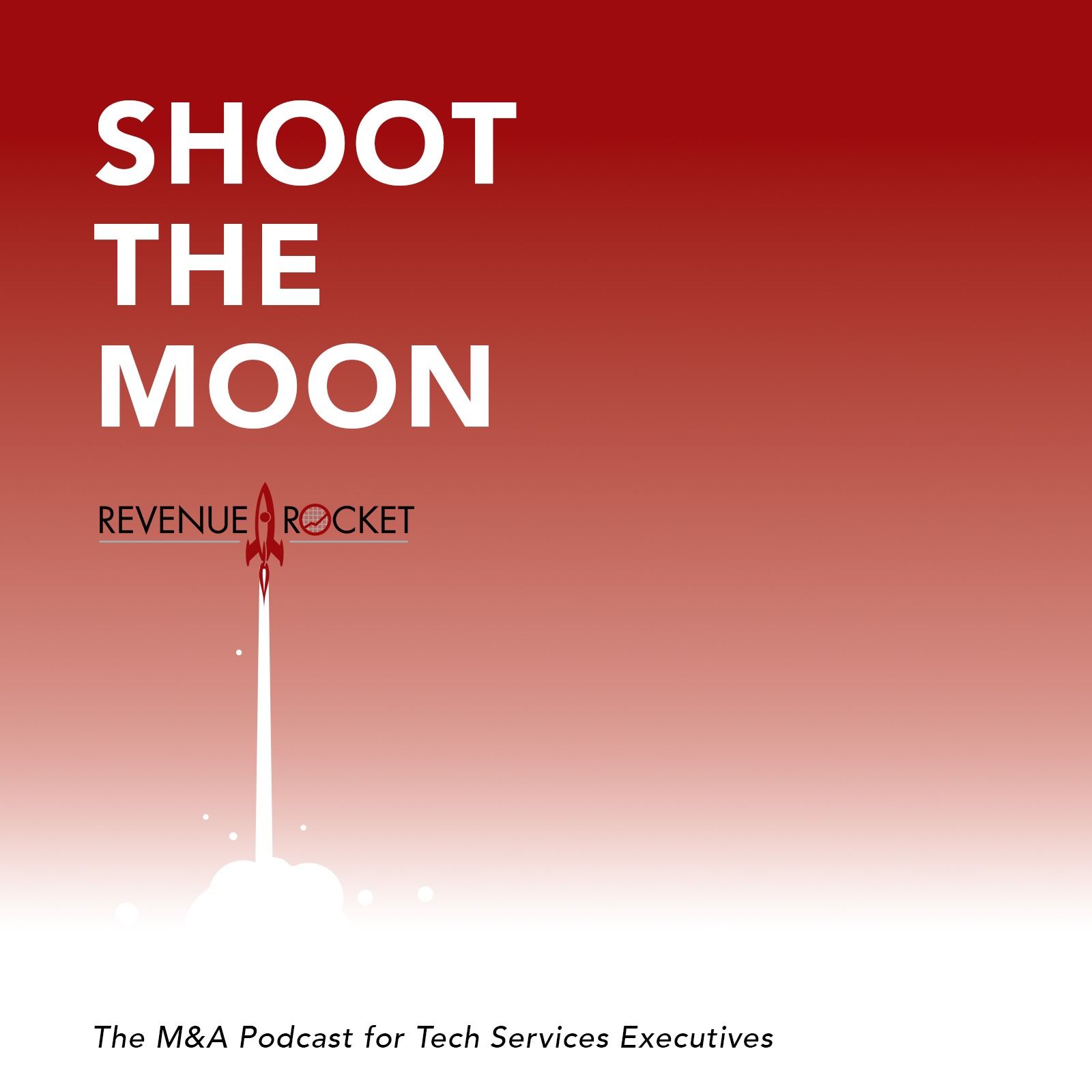Listen "Master Non-Competes in IT M&A: Protect Your Deal"
Episode Synopsis
🎙️ 1. What’s the real purpose of a non-compete clause in an M&A deal?Why it’s important:Sets the stage — you’re establishing that these aren’t just “standard boilerplate,” but real tools for protecting the buyer’s investment. It also shows that you get why buyers insist on them. 🎙️ 2. How long and how broad should a typical non-compete be in IT services M&A?Why it’s important:Matt can share “market standard” ranges for duration (1–3 years? 5 years?) and scope (regional vs. national vs. global). It’s a super practical question that your audience will care about — they’re probably Googling it right now! 🎙️ 3. What’s the difference between a non-compete and a non-solicit clause?Why it’s important:Many sellers (and even some buyers) confuse the two. This question lets Matt explain how they overlap and where they differ — adding clarity for your listeners. 🎙️ 4. Are non-competes really enforceable? Or do some states or countries treat them as worthless?Why it’s important:There’s a lot of confusion (and myth!) around whether these are even enforceable. It’s a chance to cut through the noise and talk about how jurisdiction and real-world enforcement actually play out in deals. 🎙️ 5. What’s the risk of agreeing to a non-compete that’s too broad?Why it’s important:Sellers need to know that signing an overly broad non-compete can kill their ability to start a new business down the road. This question lets Matt highlight the hidden risks and why careful negotiation matters. 🎙️ 6. How can sellers negotiate a more balanced non-compete clause?Why it’s important:This makes it practical — Matt can share tactics or language that can help sellers carve out reasonable carve-outs, narrow the scope, or tie the clause to actual buyer concerns (not just blanket restrictions). 🎙️ 7. What’s one of the biggest mistakes you see sellers make when reviewing these clauses?Why it’s important:A “closing” question that lets Matt share a cautionary tale or real-life example — which always resonates with listeners and makes the advice sticky.
Listen to Shoot the Moon on Apple Podcasts or Spotify.Buy, sell, or grow your tech-enabled services firm with Revenue Rocket.
Listen to Shoot the Moon on Apple Podcasts or Spotify.Buy, sell, or grow your tech-enabled services firm with Revenue Rocket.
More episodes of the podcast Shoot the Moon with Revenue Rocket
When Growth Capital Meets Ambition
19/11/2025
Tell Tale Signs it is Time for an Exit
12/11/2025
Grow, Buy, or Sell to Grow
14/10/2025
 ZARZA We are Zarza, the prestigious firm behind major projects in information technology.
ZARZA We are Zarza, the prestigious firm behind major projects in information technology.
